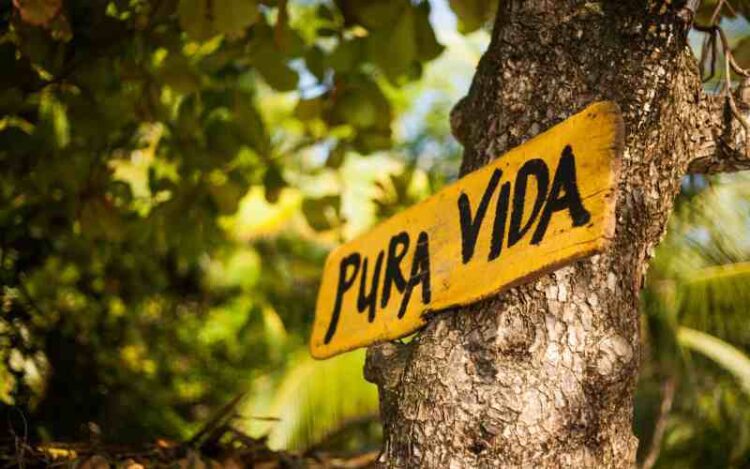A little more than twelve months following the legalization of hemp and medical cannabis, Costa Rica issued its first license for medical cannabis. The Minister of Agriculture and Livestock, Victor Carvajal, approved the permit for Azul Wellness S.A., a domestic company backed by the prominent Costa Rican family of José Álvaro Jenkins, the head of the Costa Rican Union of Chambers and Associations of the Private Business Sector, The Tico Times reports.
This marks the inaugural authorization for medical cannabis cultivation in the nation.
With plans to establish a facility of 800 square meters in Guanacaste province, Azul Wellness S.A. aims to process and cultivate medical cannabis. This initiative has the collaboration of U.S.-based Merida Capital Holdings, a private equity firm specializing in the cannabis sector, aiming to foster the cultivation of two psychoactive cannabis strains initially, with an emphasis on export.
Jenkins has shared his optimistic vision for potentially setting up a dedicated medical cannabis lab in Costa Rica and has been an advocate for broader legalization efforts, including recreational cannabis.
Though Azul Wellness has received the pioneering medical cannabis license, eight other hemp cultivation permits have been issued by Carvajal, with additional applications for both hemp and medical cannabis currently under review.
The legalization of hemp and medical cannabis took place in March 2022 under the administration of President Rodrigo Chaves, who subsequently proposed legislation to outline the regulatory framework for the nation’s burgeoning cannabis industry, overseen by the Ministry of Health along with the agriculture and livestock ministry.
Soon after, President Chaves also proposed a bill for the recreational use of cannabis, acknowledging the prevalent, open consumption across the nation and suggesting regulation as a means to harness fiscal and employment benefits.
“Marijuana consumption is a reality in Costa Rica, increasingly evident on our streets and parks,” Chaves commented during a press briefing, where he admitted his personal reservations about cannabis use but recognized the advantages of regulatory measures.
In response to feedback from various institutions, a revised version of the recreational cannabis bill was prepared for presentation in January 2023, initially allowing companies within the Free Trade Zone to sell cannabis at designated venues like clubs and coffee shops.
However, the proposal faced opposition from several key bodies, including the Judicial Investigation Organism (OIJ) and the Medical Association, prompting calls for its dismissal, despite some institutional and business endorsements citing economic growth potential.
Public sentiment is mixed, with a significant majority supporting medical cannabis according to a University of Costa Rica survey, though less than half endorse recreational use.
Costa Rica joins several other Latin American nations that have adopted medical cannabis regulations, positioning itself alongside Argentina, Chile, Colombia, Ecuador, Mexico, Panama, Paraguay, and Peru. Uruguay remains the sole country in the region where recreational cannabis is fully legal.
On the topic of hemp, Costa Rican legislation specifies that industrial hemp must contain no more than 1% THC by dry weight, a threshold currently under discussion in the U.S. with potential adjustments on the horizon in the upcoming 2023 Farm Bill.
OTHER NEWS: Costa Rica Stops 2.5-Ton Marijuana Trafficking Attempt









